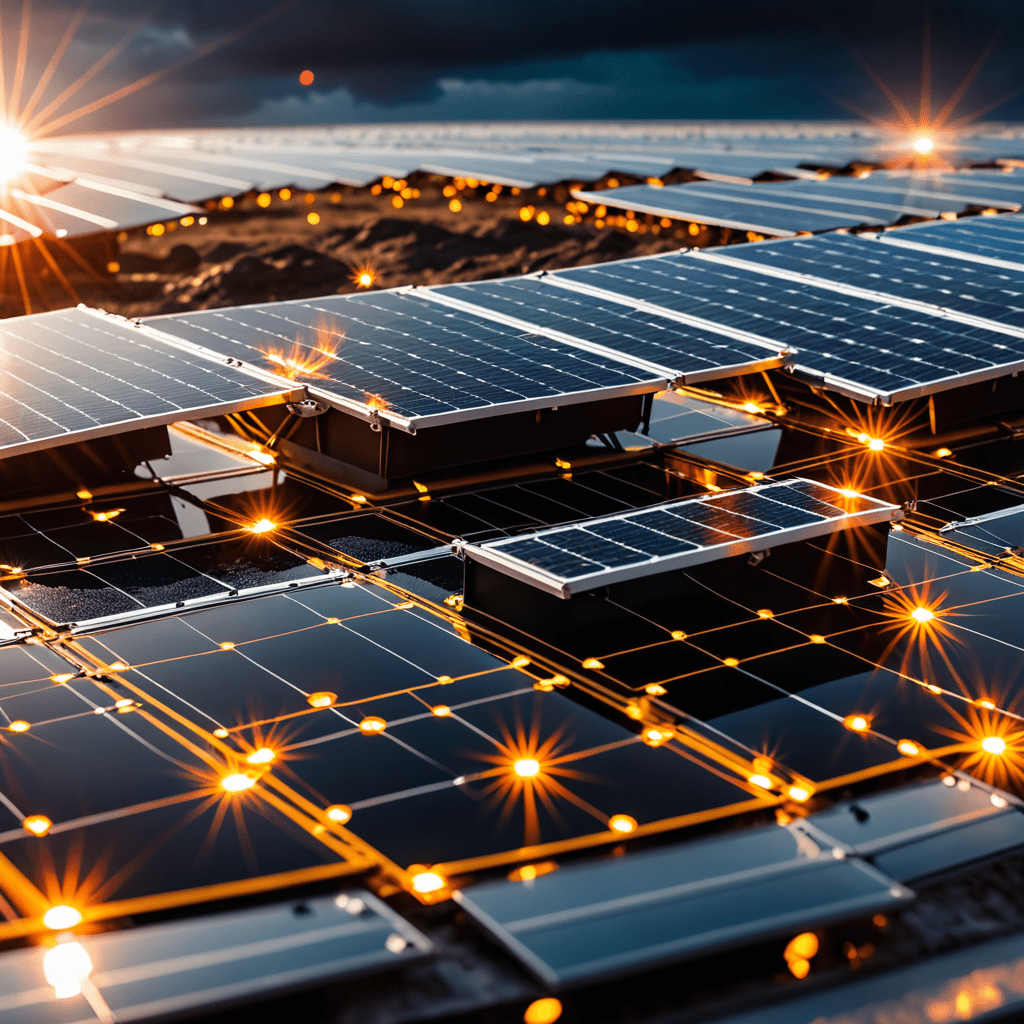
The Importance of Solar Energy in Emergency Response Operations
Emergency response operations require reliable power sources to ensure seamless communication, data management, and emergency services delivery. Solar energy is emerging as a crucial solution in this domain due to its sustainability and resilience.
Advantages of Solar Energy for Emergency Response
Solar energy provides a decentralized power source that can operate independently of traditional grids, making it ideal for disaster-stricken areas where power outages are common. Its renewable nature and low maintenance requirements make it a cost-effective and efficient energy solution for emergency situations.
Enhancing Resilience with Solar Power
During emergencies, access to electricity is critical for powering communication devices, medical equipment, and lighting. Solar panels and battery storage systems can provide a consistent power supply, ensuring that essential operations continue even during prolonged power disruptions.
Solar Technology for Rapid Deployment
Portable solar panels and solar-powered generators are designed for quick deployment in emergency scenarios. These compact and easy-to-assemble systems can be set up rapidly, providing immediate access to electricity in the absence of grid power.
Integration of Solar Solutions in Emergency Response Plans
Emergency response agencies are increasingly incorporating solar energy systems into their operational plans to enhance their preparedness and responsiveness. Solar-powered charging stations, portable solar kits, and solar lighting solutions are becoming integral components of disaster response strategies.
Community Engagement and Resilience Building
Empowering communities with solar energy solutions not only enhances their resilience during disasters but also promotes sustainability and self-sufficiency. Training programs on solar technology usage and maintenance can further strengthen community readiness and response capabilities.
The Future of Solar Energy in Emergency Response
As the demand for efficient and sustainable emergency response solutions grows, the integration of solar energy technologies is expected to become more widespread. Continued advancements in solar power storage and efficiency will further enhance the role of solar energy in safeguarding communities during crises.
FAQ: Solar Energy for Emergency Response Operations
What is solar energy and how is it used in emergency response operations?
Solar energy is harnessed from the sun’s rays using solar panels and converted into electricity. In emergency response operations, solar energy provides a reliable and sustainable power source for essential equipment and facilities, ensuring continuity of critical services during crises.
Why is solar energy important for emergency response operations?
Solar energy offers a decentralized power solution that is not reliant on the grid, making it invaluable during emergencies when traditional power sources may be compromised. It ensures continuous energy supply for communication systems, medical equipment, lighting, and more, enhancing response efforts.
How can solar energy benefit emergency response teams in disaster-affected areas?
By utilizing solar energy, emergency response teams can operate efficiently in remote or disaster-stricken areas where access to conventional power sources is limited or non-existent. Solar-powered equipment and charging stations enhance operational capabilities and support long-term recovery efforts.


